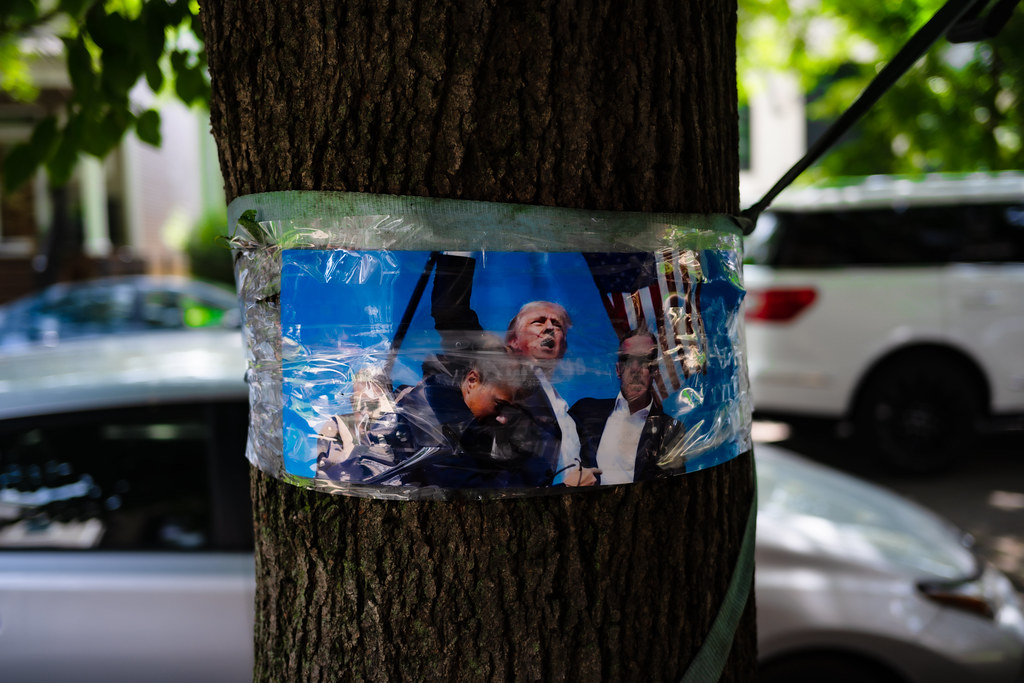On September 15 at the Trump International Golf Club, a Secret Service agent securing a green on the course noticed a man with a semi-automatic AK-47 style rifle hiding in the bushes and fired on him. The man was apprehended by the police soon afterwards, and Mr. Trump escaped unharmed.
This assassination attempt comes just two months after Mr. Trump was wounded on the ear by a different attempt on his life at one of the presidential candidate’s rallies.
While the frequency of these events has put the Secret Service under fire, it also invites us to ask whether there is a larger issue at play.
The alleged shooter, Ryan Wesley Routh, a 58 year-old man, traveled abroad in 2022 hoping to join Ukrainian forces in the war against Russia. However, he was rejected due to his age and lack of military experience.
According to NBC News, Routh has a decades long-criminal history, having been charged on separate occasions with possession of a weapon of mass destruction, possession of stolen property, resisting arrest, a hit-and-run offense, and several misdemeanors from a concealed weapons case.
According to the Department of Justice Office of Public Affairs, Routh was the defendant in more than six court cases, including writing bad checks and tax delinquencies.
In spite of these charges and convictions, many related to the possession of guns, Routh somehow obtained a semi-automatic weapon yet again. While it may be fair to blame the Secret Service for failing to adequately secure areas around Mr. Trump, Routh’s criminal history points to a larger issue in America: the laxity of our gun laws and the ability for people like Routh to obtain weapons of mass destruction with ease.
Because of his previous charges, it would have been illegal for Routh to purchase a gun in Florida, yet he still got his hands on one. Though it is unclear how Routh obtained an AK-47, there are countless loopholes in U.S. law that allow gun buyers who are not legally able to purchase guns to obtain them.
One such loophole is the Gun Show Loophole: gun sales by private sellers, including those done at gun shows, do not require dealers to complete background checks on buyers.
While federal law requires licensed firearms dealers to perform background checks, keep records of their sales, report multiple sales, allow law enforcement to check their sales, and report loss of theft or loss of their stock, it does not hold private sellers to this same standard. This allows unlicensed buyers with criminal histories to obtain weapons without a background check.
NPR reports that, between 2017 and 2021, 54% of guns circulated throughout the U.S. were illegally traded. Clearly we are lacking sufficient policy to ensure that guns are sold legally to licensed buyers without criminal histories.
The loopholes in gun regulation and the lack of more conservative gun laws is a major player in gun violence in general and in assassination attempts specifically. There is a reason that background checks are required for all legal gun sales and that criminals cannot legally obtain weapons.
The government must crack down on illicit gun sales and eliminate the gun show loophole in order to prevent people who are not meant to own weapons from having them, which puts our citizens in danger in a multitude of ways.






